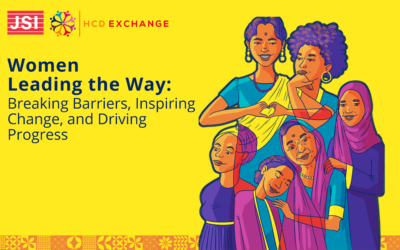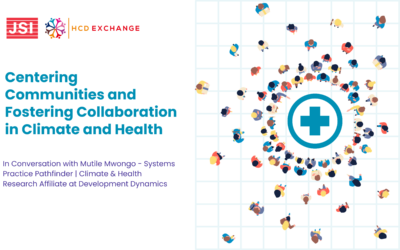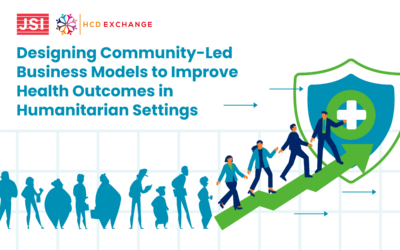Our call for participation received 133 applications out of which we selected 14 teams, totaling 42 young people, to take part in the Design Challenge. These young professionals underwent a series of training workshops across 5 weeks and were connected with design mentors from partnering design agencies. The process immersed and guided participants through the different phases of the HCD process and centered on an AYSRH challenge. Using the skills acquired from the hands-on training, the young participants were then tasked with creating a solution that responds to a common problem statement: ‘How might we support and encourage young people to access sexual and reproductive health (SRH) products and services?’ These dynamic teams then pitched their ideas to a panel of guest judges for prizes. Here are the top 3 innovative solutions that emerged from our design sprint:
Ask FAY
Ask FAY is a web platform that has the clinical rigor of a healthcare site with the welcoming feel of a social media site, and is targeted at young adults (18-29 yrs old) who require immediate, real-time and anonymous access to sexual health information and services. The proposed solution is an aggregator of services that caters for a youth-centered, inclusive, anonymous and equitable access to SRHR information and services at all times.
Ninakujali Program
The Ninakujali Program targets young people between the ages of 12 and 29 who require economic support to enable them to meet their SRHR needs. This intervention seeks to improve access to SRHR information and services for young people by integrating economic empowerment into their capacity building to help them navigate the transition and challenges of adulthood.
ReproRights
The ReproRights seeks to establish a sweet spot between sustainable SRHR uptake and climate change. This idea seeks to advocate for the availability of Assisted Reproductive Technology (ART), online contraceptive services, education around self-care and environmentally-friendly menstrual health materials.
These youth-centered innovative ideas have the potential to truly shift the needle on pressing SRH challenges, in order to achieve better health outcomes for young people. The next iteration of the HCDExchange will include an interactive platform to continue advancing leadership, supporting and catalyzing the practice of HCD in Global Health, so make sure to join our community to be the first to know about them.
For queries, partnerships and collaboration requests, contact Liz McNeil, the Senior Community Manager at HCDExchange on @liz@hcdexchange.org




